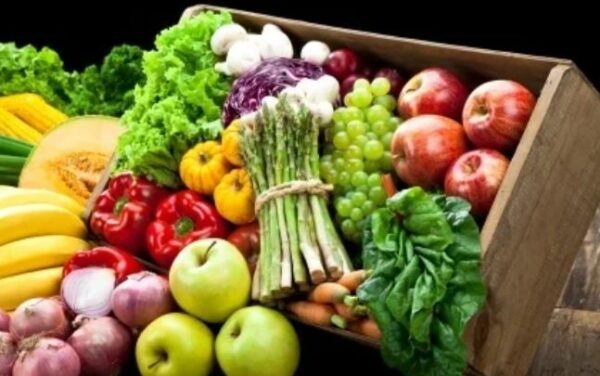Lifestyle
9 ‘fancy’ health terms we often don’t get!

While starting our fitness journey, we are often overloaded with information on what to eat. Every product on the shelf and its contents haunt us with its ingredients.
However, it is important to understand what they mean. We come across terms that we may not know about.
Here are some terms which will help you understand ‘nutrition’ better:
1. Trans fats
According to American Heart Association, trans fats can be found in two forms: natural and artificially made. The natural kind of trans fats are found in the gut of an animal and the products made from them – an example is milk. Artificial trans fats are made through industrial process where hydrogen is added to vegetable oils to turn them into solid. Artificially produced trans fats are most commonly found in processed and packaged foods. These are often harmful as they increase the bad cholesterol levels in the body.
2. Antioxidants
Antioxidants are natural substances that protect our cells from dangerous oxidising agents that can ruin the cells and reduce their life. This, in turn, means problems like low immunity and vitality. Take the example of an apple. When we take a bite and leave the apple, the white part of the fruit turns dark in a matter of minutes. This is the oxidation process. Same way, if our cells do not get proper nutrients, our cells will slowly start oxidising and hence turn weak. Antioxidants occur naturally in plants and fruits.
3. Triglycerides
Triglycerides are a type of fat found in our blood. Our body has fat cells, where triglycerides are stored. According to a study by Mayo clinic, whenever we eat, our body converts calories it doesn’t use into triglycerides. Triglycerides store unused calories and provide our body with energy. They are the most common type of fat found in the body. People who are obese are told to lower their triglyceride levels as excess of triglyceride levels in the body can increase body fat and lead to obesity.
4. Cholesterol
One of the most common ‘evils’ mentioned in advertisements, cholesterol is secreted in our body. Cholesterol is found in our blood levels and is synthesized in the body by the liver. High consumption of fats can affect the level of cholesterol in our blood. Along with fats, high consumption of cholesterol-rich foods like egg-yolks and dairy fat can also disturb cholesterol levels in the body leading to vascular disorders and blood pressure issues.
5. Electrolytes
Electrolytes are chemicals that are important for our body’s function. These include sodium, potassium, chloride, magnesium and phosphorous. Electrolyte imbalance in the body can often lead to lethargy and dizziness. As the name suggests, electrolytes carry electric charge and are essential to maintain a healthy functioning of the heart, muscles and nerves.
6. Flavonoids
Flavonoids are phytonutrients (nutrients found in plants) present in fruits and vegetables. They are responsible for the colour of these fruits and veggies. They are rich in antioxidants which can help increase immunity. For example, yellow coloured fruits and veggies contain flavonoids like quercetin, which help in its yellow pigmentation. Similarly, green and red foods also contain flavonoids.
7. Glycemic index
According to Harvard Health Publication, Glycemic index is the value assigned to foods based on how slowly or quickly they cause increase in blood sugar levels. We have often read low GI on certain products, especially in foods meant for diabetics. Low GI means that these foods tend to cause increase in blood sugar at a slower pace, while foods with high GI give instant energy. The one myth we need to bust is that neither low nor high GI is bad. Those suffering from diabetes or borderline diabetes should consume foods with low GI but athletes and sportspersons need high GI foods for instant energy.
8. Fatty acids
Fatty acids are a form of fat that a cell burns to produce energy. Hence, they are not dangerous. In fact, they are essential for the body for smooth day-to-day functioning. We often read ‘essential fatty acids’ on products, and that is a good sign as they are needed by the body for better metabolism. Omega-3 is the most nutritious fatty acid one can consume for a healthy body.
9. Gluten
Gluten is a protein found in grains like wheat, rye and barley. It is often formed when dough is kneaded and it helps in the elasticity of the dough. Those with gluten allergy and celiac disease have an issue in digesting gluten. This is because their intestines can get severely damaged with the consumption of gluten. However, not only due to medical reasons in recent times many weight watchers have also started going gluten-free for rapid weight loss.








